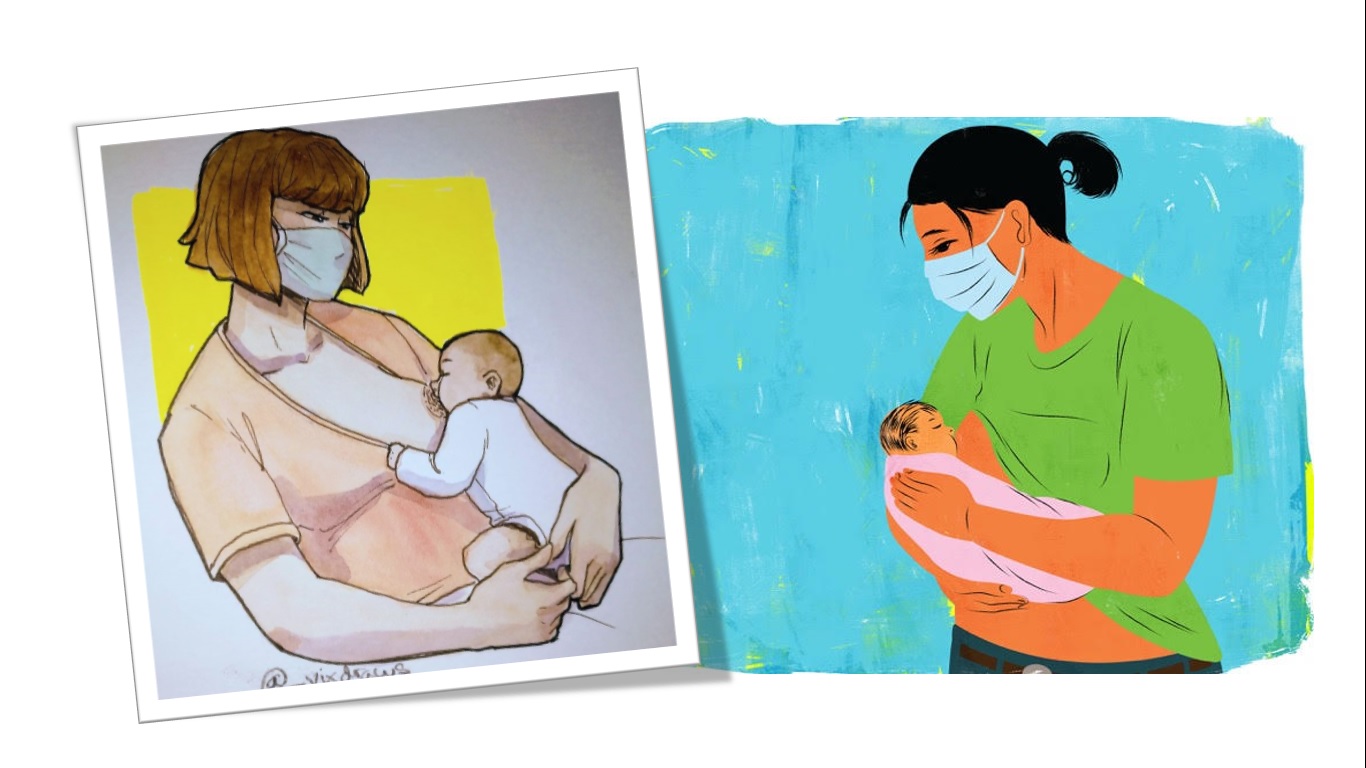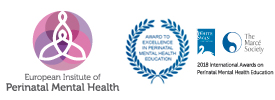
Coronavirus disease 2019 (COVID-19) is a respiratory tract infection caused by a newly emergent coronavirus, that was first recognized in Wuhan, China, in December 2019. While most people with COVID-19 develop only mild or uncomplicated illness, approximately 14% develop severe disease that requires hospitalization and oxygen support, and 5% require admission to an intensive care unit.
It is important for your mental health to have only a few, trustworthy web pages to read updated information about the epidemic – constantly reading every post, every text and every instant message about the topic is a source of misinformation and anxiety. Being exposed to large volumes of negative information can heighten those feelings of anxiety. While it’s important to stay informed, you may find it useful to limit your media intake if it is upsetting you or your family. Get good, updated information, once a day, for example.
You can daily check the Harvard Medical School page update:
https://www.health.harvard.edu/diseases-and-conditions/coronavirus-resource-center
or any of the links at the bottom of the page.
PREGNANCY AND CORONAVIRUS COVID-19
With the evidence we have up to this day, pregnant women are not at higher risk than other people for developing severe COVID-19 illness. Also, there seems to be no risk of transmitting the virus to the unborn child in the womb.
Pregnant women with suspected, probable, or confirmed COVID-19, including women who may need to spend time in isolation, should have access to woman-centred, respectful skilled care, including obstetric, fetal medicine and neonatal care, as well as mental health and psychosocial support, with readiness to care for maternal and neonatal complications.
BIRTH AND CORONAVIRUS COVID-19
There is no specific recommendation that birth should be other than a natural, respected birth, with no unnecessary interventions.
Infants born to mothers with suspected, probable, or confirmed COVID-19 should be fed according to standard infant feeding guidelines, while applying necessary precautions for prevention and control of infection. Baby should be placed on skin to skin contact on the mother immediately after birth. If mother has suspected, probable, or confirmed COVID-19, she should be wearing a mask.
Breastfeeding should be initiated within 1 hour of birth. Exclusive breastfeeding should continue for 6 months with timely introduction of adequate, safe and properly fed complementary foods at age 6 months, while continuing breastfeeding up to 2 years of age or beyond. Because there is a dose-response effect, in that earlier initiation of breastfeeding results in greater benefits, mothers who are not able to initiate breastfeeding during the first hour after delivery should still be supported to breastfeed as soon as they are able. This may be relevant to mothers who deliver by caesarean section, after an anaesthetic, or those who have medical instability that precludes initiation of breastfeeding within the first hour after birth.
BREASTFEEDING AND CORONAVIRUS COVID-19
Can you still breastfeed if you have or think you may have COVID-19?
Breastfeeding helps protect babies from a variety of illnesses. This is because breastmilk contains antibodies and other immune protective factors. If you have been diagnosed with or are suspected of having COVID-19, care should be taken to avoid spreading the virus to your baby while you continue to breastfeed.
- Wear a medical mask while breastfeeding or while in close contact with your baby.
- Wash your hands often using soap and water or an alcohol-based hand sanitizer.
- Cover your mouth and nose with a bent elbow or tissue when coughing or sneezing, and immediately throw away any used tissues.
- Avoid close contact with anyone who has cold or flu-like symptoms.
- Call a doctor if you have a fever, cough or feel like it is hard to breathe
What if you have stopped breastfeeding?
If you have recently weaned your child and would like to offer him or her breastmilk again, you may start breastfeeding again. For information on how, contact your closest certified lactation consultant, or click here.
And if you are feeling too unwell to breastfeed?
If you are too unwell to breastfeed your baby, you may express your milk regularly so that your baby keeps receiving your breastmilk and so is less likely to become unwell. If expressing breast milk with a manual or electric breast pump, the mother should wash her hands before touching any pump or bottle parts and follow recommendations for proper pump cleaning after each use. If possible, consider having someone who is well feed the expressed breast milk to the infant.
WHAT IF YOU OR YOUR INFANT/CHILD ARE SICK?
For families, there are two main worries:
- What do I do if I feel sick? Click here
- What if my child gets sick and I’m worried about Coronavirus (COVID-19)? Click here
CARING FOR YOUR EMOTIONAL AND MENTAL HEALTH
Stress during an infectious disease outbreak can include
- Fear and worry about your own health and the health of your loved ones
- Changes in sleep or eating patterns
- Difficulty sleeping or concentrating
- Worsening of chronic health problems
- Increased use of alcohol, tobacco, or other drugs
There are a number of ways to support your mental health during periods of self-isolation or quarantine.
- Remind yourself that this is a temporary period of isolation to slow the spread of the virus.
- Remember that your effort is helping others in the community avoid contracting the virus.
- Stay connected with friends, family and colleagues via email, social media, video conferencing or telephone.
- Try to keep regular sleep routines and eat healthy
- Try to maintain physical activity. This may be difficult when you are in a small apartment. Take deep breaths, stretch, or meditate. There are many online options to help you and your children exercise. If you have an infant, you may exercise with her in a baby carrier.
- Try to get sunlight: if you have no chance of being outdoors, try to spend time near a window, soaking as much natural light/sunlight as you can. If this is not possible, you can look into ordering a therapeutic light box, for light therapy.
- Establish routines as best possible and try to view this period as a new experience that can bring health benefits.
For those working from home, try to maintain a healthy balance by allocating specific work hours, taking regular breaks and, if possible, establishing a dedicated work space.
Avoid news and social media if you find it distressing.
EMOTIONALLY SUPPORTING YOUR BABY, CHILD OR ADOLESCENT
Not all children and teens respond to stress in the same way.
Your child or adolescent may show emotional distress by:
- Excessive crying or irritation in younger children
- Returning to behaviors they have outgrown (for example, toileting accidents or bedwetting)
- Excessive worry or sadness
- Unhealthy eating or sleeping habits
- Irritability and “acting out” behaviors in teens
- Difficulty with attention and concentration
- Avoidance of activities enjoyed in the past
- Unexplained headaches or body pain
- Use of alcohol, tobacco, or other drugs
There are many things you can do to support your child or adolescent:
- Take time to talk with your child or teen about the COVID-19 outbreak. Answer questions and share facts about COVID-19 in a way that your child or teen can understand.
- Reassure your child or teen that it is ok if they feel upset. Share with them how you deal with your own stress so that they can learn how to cope from you.
- Limit your family’s exposure to news coverage of the event, including social media. Children may misinterpret what they hear and can be frightened about something they do not understand.
- Try to keep up with regular routines. If schools are closed, create a schedule for learning activities (without being overly strict – some children or adolescents feel calm when doing schoolwork, for others it is a source of added stress. Go with whatever helps that particular child during this exceptional time.
- Devote time to relaxing or fun activities, dancing, story-telling; listen to audiobooks.
- Be a role model. Take breaks, get plenty of sleep, exercise, and eat well. Connect with your friends and family members.
by Carmela Baeza, MD, IBCLC
Based on guidelines from: World Health Organization, The Centers for Disease Control and Prevention CDC, Australian Breastfeeding Association, Harvard Medical School, Kidshealth (the Nemours Foundation), Beyond Blue.
Art by @_vixdraws and by Ken Tackett







